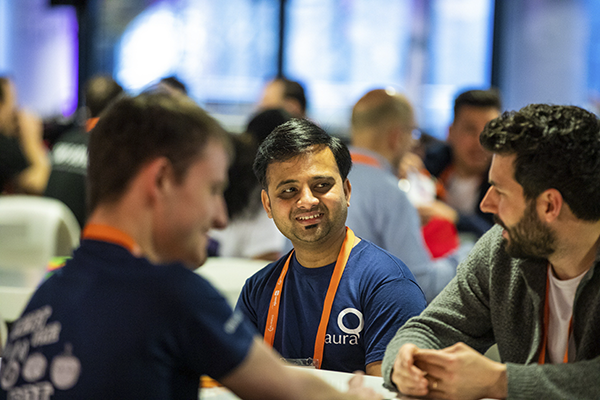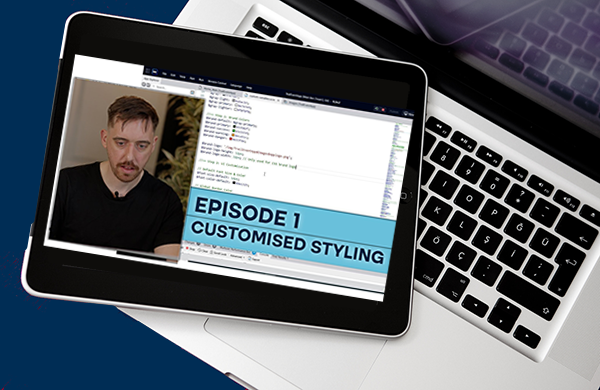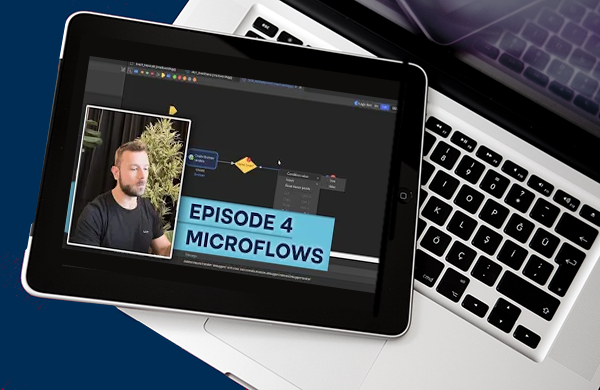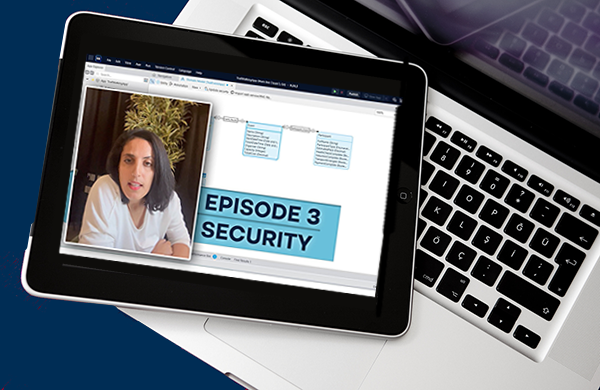AuraQ has vast experience helping organisations find the gaps that can be filled to enhance their business. This could be to improve efficiency, integrate legacy systems or deliver new portals and strategic applications to create competitive advantage. Contact us to request a free, no obligation Gap Analysis.
AuraQ wins Mendix World Hackathon!
Concluding the first day of Mendix World on the main stage, AuraQ was announced as the winners and presented with prizes from Johan den Haan, CTO at Mendix. Needless to say, we are incredibly proud of our team of four who worked tirelessly over the course of the the hackathon!
The App – Peregrine – Identity Beyond Borders
Finding each other
In order to be searchable effectively in the database, refugees can maintain:
Finding Others:
Conclusion
We are thrilled to have won MXHacks but Peregrine has the opportunity to be taken much further.
Mendix Maker Spotlight
Watch Mendix Hackathon winners, AuraQ, discuss the Peregrine app they built for refugees to restore and maintain their digital identities and credentials while they are displaced. The app provides digital information upkeep, access to microfinancing, co-refugee networking, and even taps into facial recognition, among other technologies, to help them locate and connect with potential family members or other lost points of contact.










